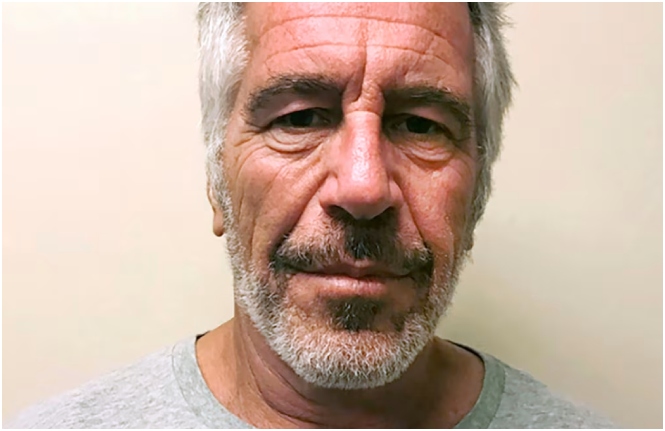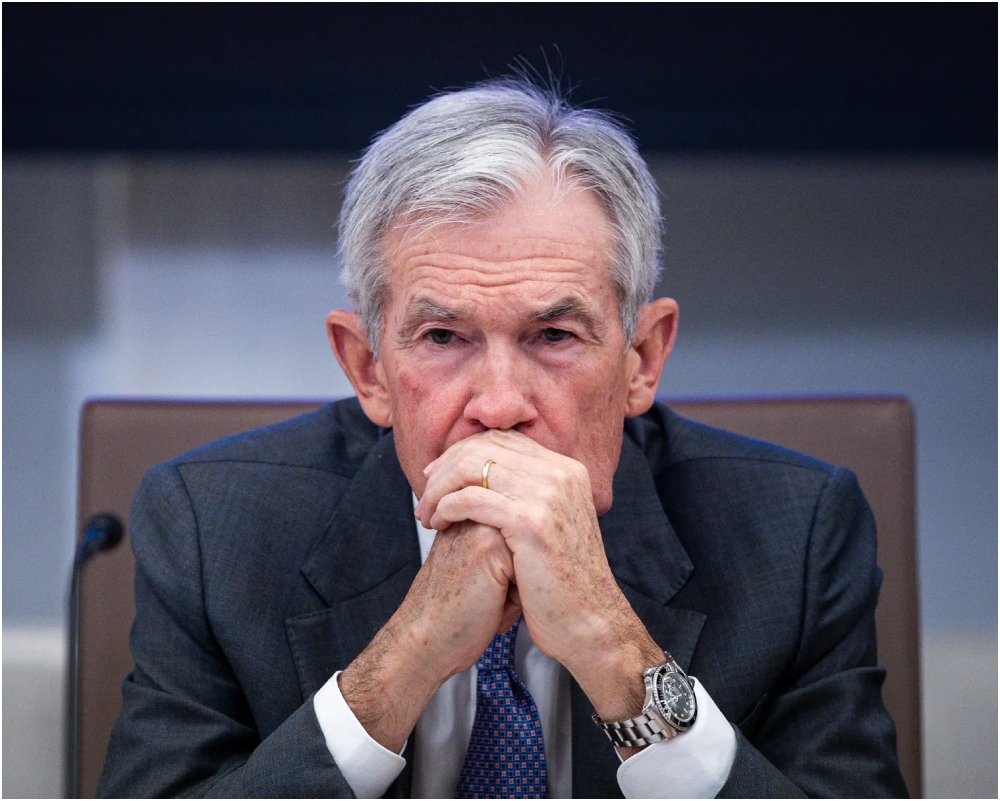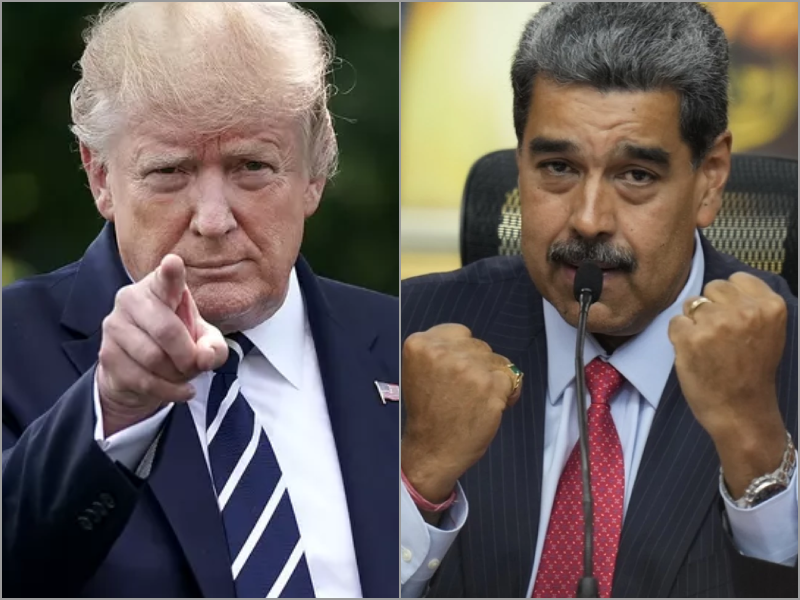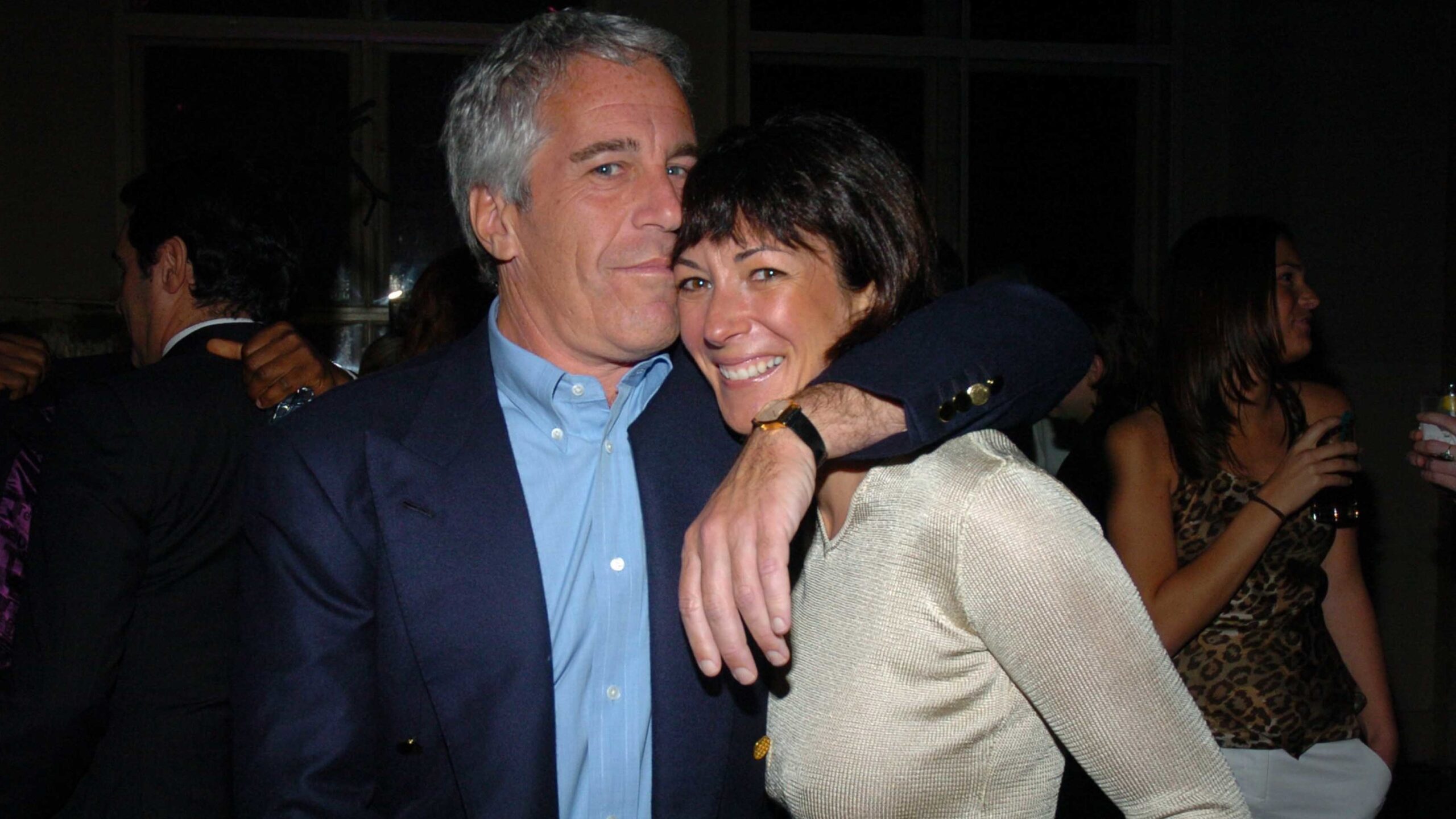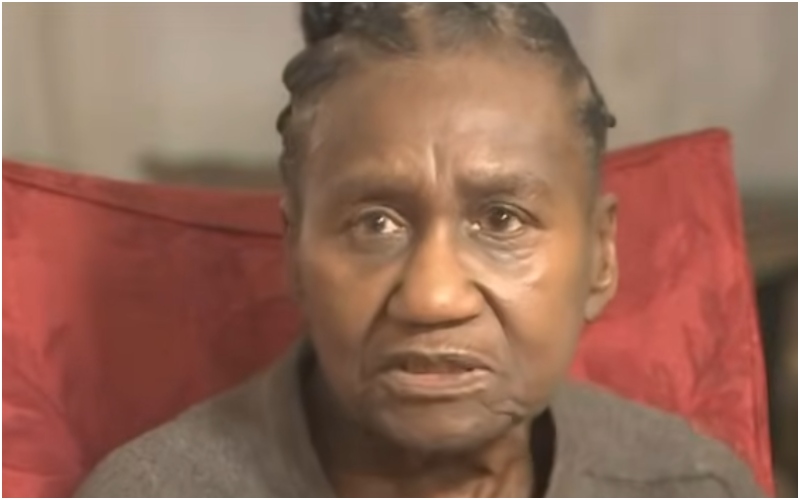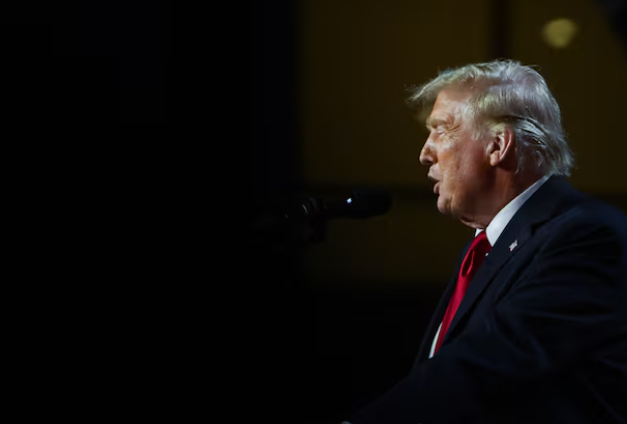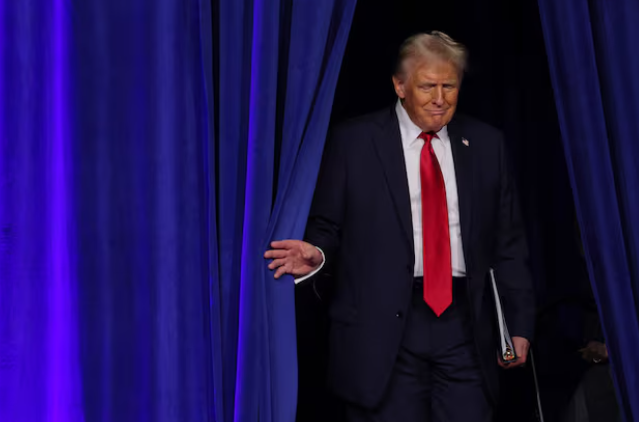George Nyavor
-
A federal judge in New York has approved the Justice Department’s request to unseal grand jury materials from Jeffrey Epstein’s 2019 sex trafficking case, following Congress’ recent passage of the Epstein Files Transparency Act. In a four-page ruling Wednesday, U.S. District Judge Richard Berman emphasized that disclosure must protect the privacy and safety of victims,…
-
In a rare and pointed acknowledgment, Federal Reserve Chair Jerome Powell publicly linked higher consumer prices to tariffs imposed during the Trump administration, underscoring how past trade policies continue to affect American households. Speaking at a recent press briefing, Powell said that total Personal Consumption Expenditures (PCE) prices rose 2.8% over the 12 months ending…
-
The helicopter blades thrummed like a heartbeat over the Caribbean as U.S. Coast Guard teams rappelled onto the deck of the Skipper, a hulking tanker laden with 1.8 million barrels of Venezuelan crude. No shots fired, no resistance—just a quiet handover in international waters that suddenly feels anything but neutral. For the 20 crew members…
-
A federal judge in New York has approved the Justice Department’s request to unseal long-restricted records from Ghislaine Maxwell’s sex-trafficking case. The move marks one of the first major disclosures mandated under the newly enacted Epstein Files Transparency Act. But the judge cautioned the public not to expect the sweeping revelations many have been anticipating.…
-
Authorities in Seattle have intensified their search for a suspect accused of assaulting and robbing an 88-year-old woman in what police describe as one of the city’s most disturbing home-invasion cases in recent months. The attack left the victim, Emma Cotton, without a finger and with multiple injuries. Cotton was assaulted in mid-October at her…
-
A growing number of videos showing U.S. immigration agents disabling or covering home security cameras during enforcement operations is raising sharp constitutional concerns and intensifying calls for federal oversight. The latest viral clip — posted by David Bier of the Cato Institute — shows an ICE agent walking up to a private home, reaching toward…
-
A new ProPublica investigation is raising fresh questions about President Donald Trump’s real estate practices, reporting that he once declared two different Florida homes as his “primary residence” — the same type of alleged mortgage fraud he has publicly accused his political opponents of committing. The irony has not gone unnoticed. ProPublica’s findings come as…
-
Alina Habba, a former personal attorney to Donald Trump and one of the most polarizing figures in the Justice Department’s recent reshuffling, announced Monday , December 8, 2025, she is stepping down as acting U.S. attorney for the District of New Jersey. The move comes days after a federal appeals court ruled that her appointment…

